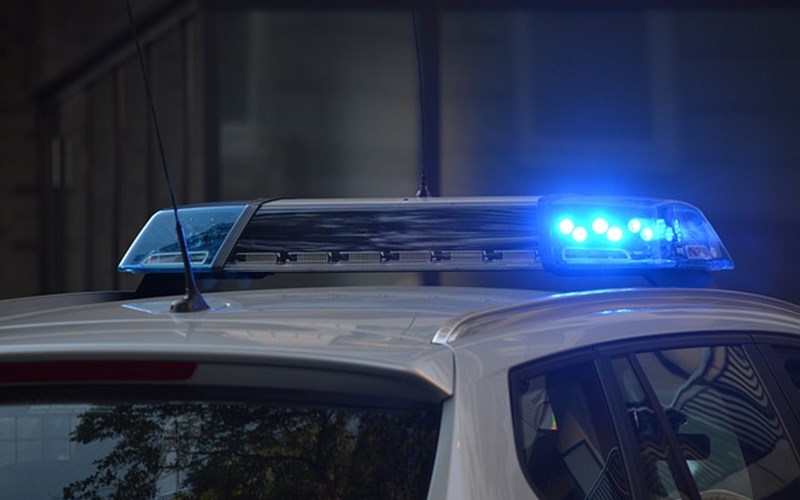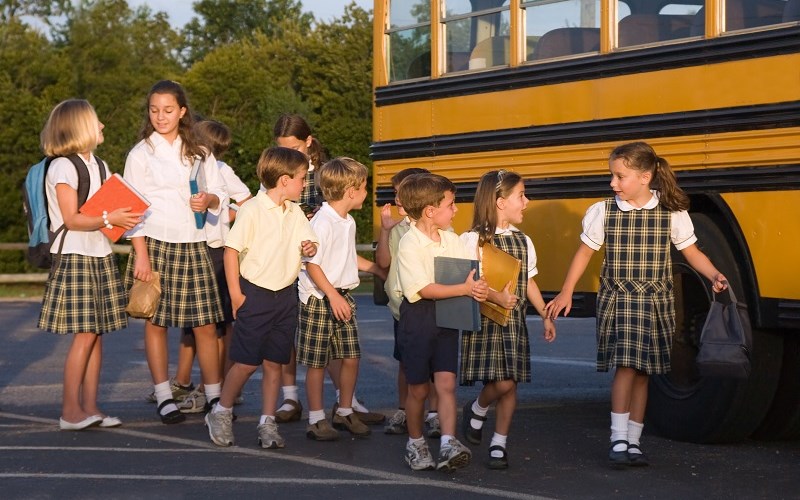In 2016, after Harvard Professor Roland Fryer published his findings that showed "no racial differences in officer-involved shootings," he encountered intense public backlash and says his life was upended. He reportedly dealt with death threats and had to live under police protection for more than a month.
Comparing blacks, whites, and Hispanics, his study found that police were 23.8% less likely to shoot at black people than they were at white people and 8.5% less likely to shoot at Hispanics. Police were, however, twice as likely to manhandle, beat, or use some other type of nonfatal force on blacks and Hispanics than on other races.
Surprised by his findings, he hired eight new assistants and did the study a second time, only to reach the same conclusion.
Emery McClendon of the Project 21 Black Leadership Network says the study was both surprising and unsurprising.
"I think a lot of what we hear about how the police treat different races and how much bias there is is a little exaggerated," he says.
And he wonders why no one has disputed Fryer's claim or come up with more research to determine whether his research methods were correct.

"But it seems like, in my research of it, no one has stepped forward," McClendon tells AFN. "There's been a lot of criticism, but no one has come forward with any better facts or anything. So, I'm assuming that he had some pretty good research, especially when I look at it and see that [when] he … went back and did it a second time, he came up with the same results."
Before he published the report, Fryer's colleagues urged him not to do it. They said it would ruin his career.
That part does not surprise McClendon, who says the black community and its leaders "wouldn't want to hear that type of information because they've been told and been telling the communities for such a long time that there is so much bias and that blacks are … bigger targets by the police."
Having gone through the police academy twice and understanding that the crime rates in the black community are much higher according to the proportion of the population, McClendon knows why the police emphasize on crime in that area.







